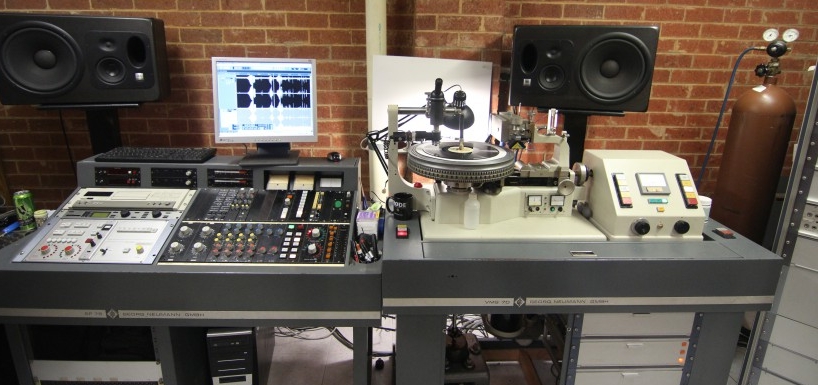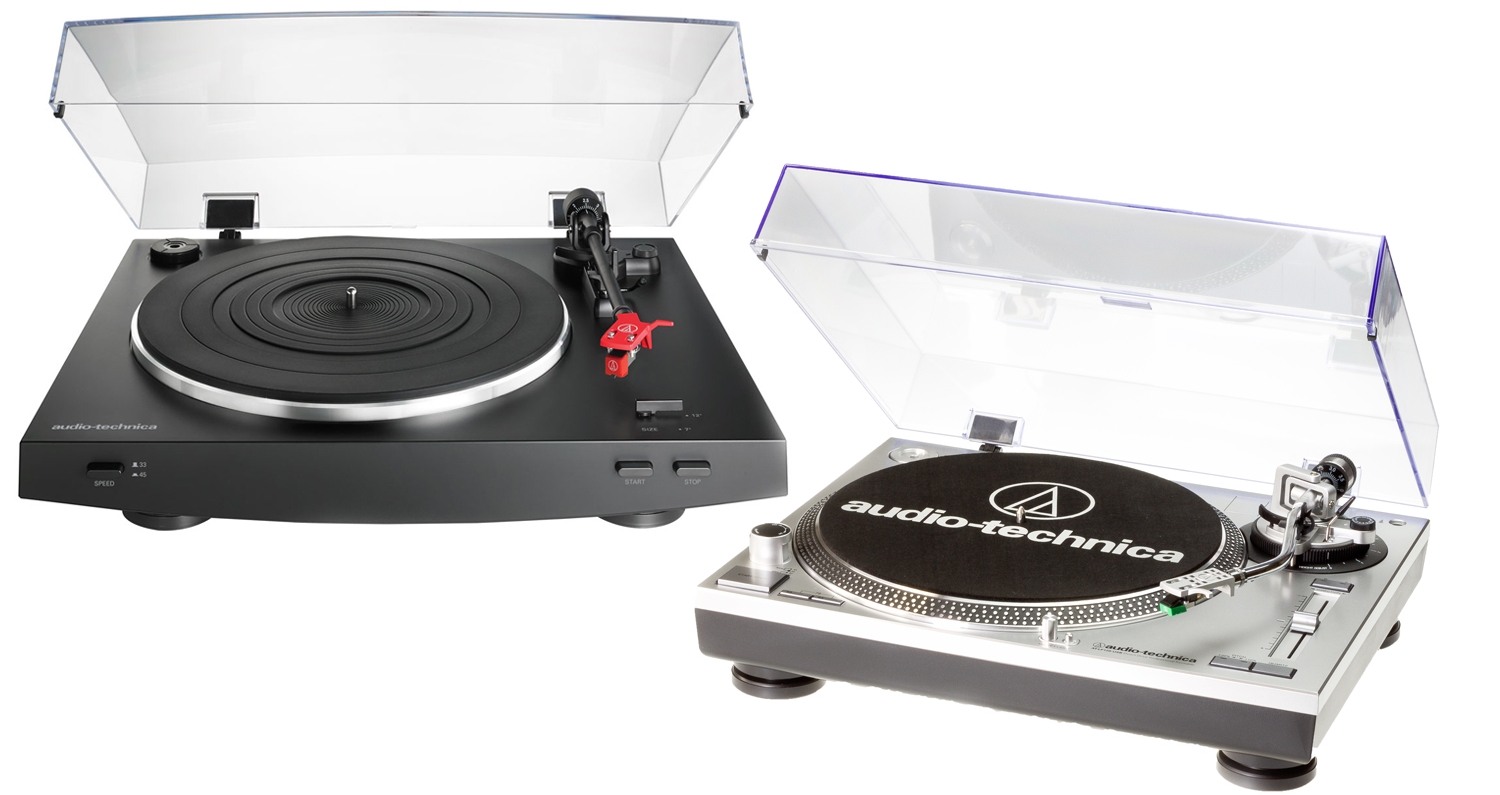Through a mantra of reliability and consistency, the vinyl pressing plant has built a loyal following of repeat customers in the local and international community. The last few years has seen an increase in their business, and co-owner and director Paul Rigby has overseen this growth in the plant.
“[Record Store Day] is always busy, [but] it’s just another set of deadlines we have to meet. With the way the whole process goes, even though we’re getting pretty good at turning things around pretty quickly, the nature of what we do means that there can be delays.
“We’ve been on top of the [extra] work, there’s a whole lot of stuff that’s for Record Store Day, and while we’re working right up to the end of next week, it’s only [for] a handful of indie bands that are taking [their records] around to shops themselves to get them in for Record Store Day. The majors had their stuff ordered before Christmas, so we got a lot of the bigger stuff out of the way three or four weeks ago, or at the end of March. Thankfully everything went smoothly, we didn’t have too many breakdowns, it’s been pretty smooth.”
Though the day can sometimes be seen as slightly contrived and manufactured by the large record labels, there have been local bands wanting to get records pressed in time for Saturday too. “We did find we had a rush of last-minute 7”, we’ve still got a couple to do [this] week. I think it’s interesting, because there was a lot of stuff in there that we got out of the way early, I don’t know if they were Record Store Day releases or not. Every day there’s new jobs in and there’s jobs going out the door, certainly its been busy, but no busier than the lead up to Christmas. In some cases I’ve had to say ‘I hope this isn’t for Record Store Day,’ because we’ve missed that boat.”
Being based in Brunswick, Zenith has a unique opportunity for interaction and communication with Melbourne bands wanting records pressed. “There’s a fair bit of engagement, obviously with test pressings we need to get in touch, bands might rock up and get those, and invariably they’ll want to have a look around. We’re always happy to show them our operation, and we’ll get people asking ‘Is it okay if I sit in on the cutting,’ and we’re happy to do that.”
Rigby sees this interaction as an important part of the process, so the artists can get an idea of how their vinyl records are actually made. “A lot of people don’t get what’s actually involved, and they’ll get a test pressing and say ‘It could be a bit louder,’ but if it were louder you’d have distortion. We set the peak level that we cut at for various reasons, and if we can get a really loud cut while keeping it true to your master then we’ll go for that.
“People come down and do media when we’re pressing, and that’s one of the things about being local and having an open door policy. We’re proud of what we do, so we’re happy to show people that and have them involved at whatever level they want to.
“[Recently] we turned a job around and it was a last minute thing. The customers had got the job done offshore, they weren’t happy with it, they were angry with the offshore supplier, they’d waited months to get a run of 7”s, and they approached me and had a week and a half to turn around 300 records. I said ‘Yeah, we can do it’, and we did it. We’ve got that sort of flexibility.”
Apart from supporting a local business, there are some obvious advantages of going to Zenith with orders for vinyl, with the main one being the time factor. “Anyone who’s putting a vinyl order in isn’t counting down the days until it’s ready. People have done jobs offshore or have had friends do jobs offshore where it’s four or five months to get a job back, and we’re turning them around in five, six, or seven weeks.”
By Elijah Hawkins

